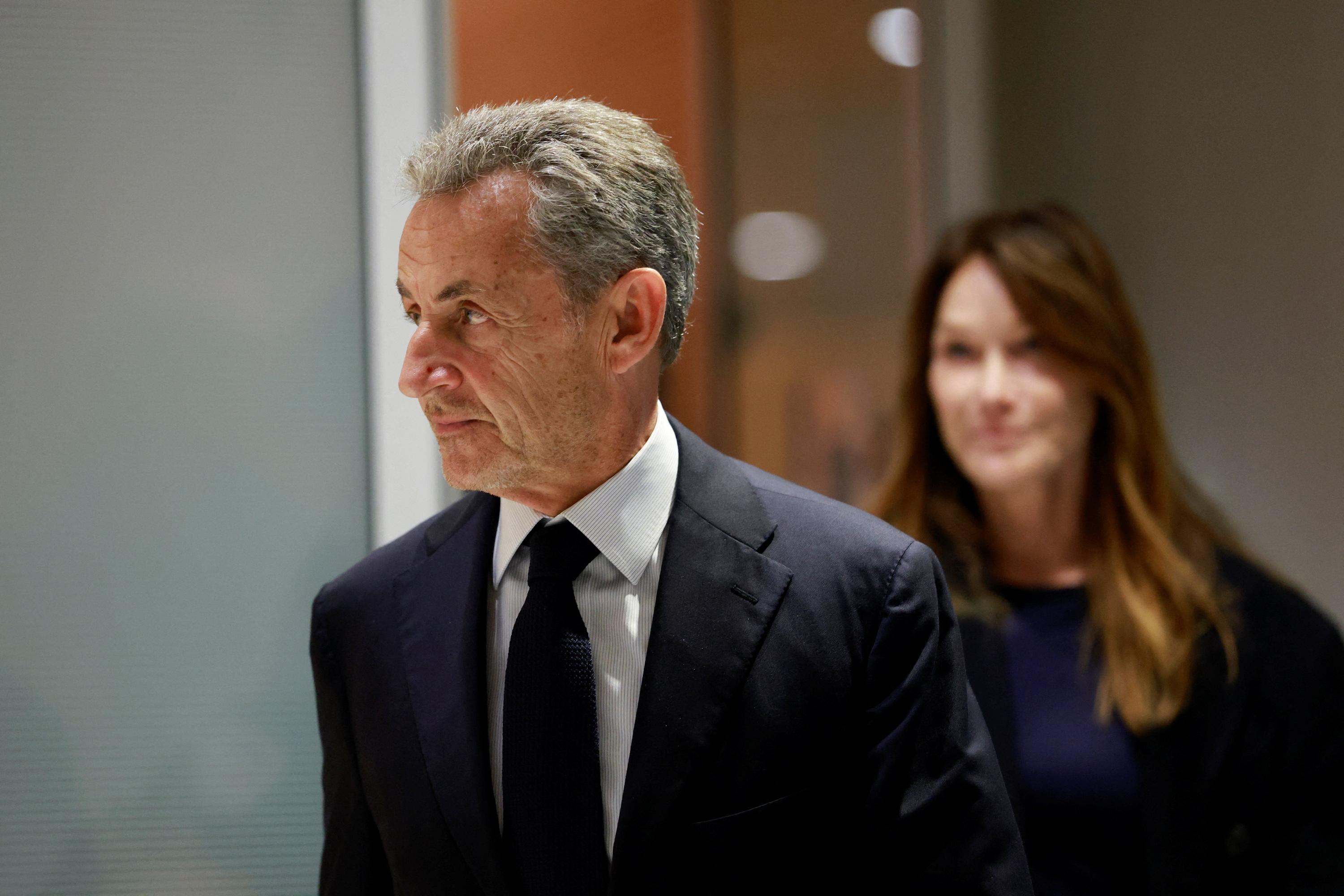Nicolas Sarkozy Sentenced to Five Years in Prison Amid Appeals and Controversy
Nicolas Sarkozy receives a five-year prison sentence, announcing his intention to appeal and criticizing the judicial system.
- • Sarkozy sentenced to five years for Libyan campaign financing.
- • He plans to appeal and claims innocence.
- • Sarkozy criticized judicial integrity and media reports.
- • The case reflects changing judicial-political dynamics in France.
Key details
Former French President Nicolas Sarkozy has been sentenced to five years in prison by a Paris court for his involvement in the alleged Libyan financing of his 2007 election campaign. Following the verdict announced on September 25, Sarkozy expressed his plans to appeal, asserting his innocence and criticizing the judicial system that he believes undermines the rule of law in France.
During a press statement after the ruling, Sarkozy lamented the gravity of his conviction, stating that he was accused of allowing collaborators to pursue illegal financing without any direct evidence linking him to the Libyan funds. He remarked, "I will fight until my last breath to prove my complete innocence," reflecting his determination to overturn the decision (74056).
The court mandated immediate incarceration due to what it deemed "association de malfaiteurs" related to the campaign financing allegations (74151). Sarkozy took particular aim at the media outlet Mediapart, which he claims played a pivotal role in the initiation of the case against him. He referred to a document presented by Mediapart that the court had concluded was a forgery. "The tribunal has even solemnly declared that the Mediapart document which initiated this procedure was, I quote, 'a fake,'" he emphasized (74151).
The implications of Sarkozy's punishment extend beyond individual guilt as they reflect a significant shift in the dynamics between France's judiciary and political authorities. The relationship has evolved since the 1970s, with judges asserting more power, a development that raises concerns about a potential 'government of judges' and its impact on French democracy (74093). Sarkozy's conviction may thus signal a broader trend in which judicial decisions increasingly influence political landscapes.
As Sarkozy navigates this challenging period, he urged the French populace, irrespective of political beliefs, to reflect on the implications of his conviction for democracy and the justice system. He stated, "My conviction is not just a personal issue; it is about the future of our laws and societal trust" (74056). The unfolding legal battles and their ramifications will be closely watched in the coming months as Sarkozy battles a sentence that marks a pivotal moment in French political history.
This article was translated and synthesized from French sources, providing English-speaking readers with local perspectives.
Source articles (3)
Source comparison
Immediate incarceration
lefigaro.fr
"Sarkozy has been sentenced to five years in prison with deferred custody."
lefigaro.fr
"The court has ordered his immediate incarceration following this ruling."
Latest news
Katy Spicher Sues French State for Denial of Justice Over Unsolved 1983 Murder of Her Mother
French Public Sees Rise in Political Violence Amid Pre-Municipal Election Tensions
Businesses Drive French Economy Amid Rising Financial Challenges for Youth
France Climbs to 4th Place in 2026 Winter Olympics Medal Table After Biathlon Relay Gold
XV de France to Field Largely Unchanged Lineup Against Italy in Six Nations
France and India Deepen Strategic Partnership with Focus on AI Regulation and Defense Cooperation
The top news stories in France
Delivered straight to your inbox each morning.

